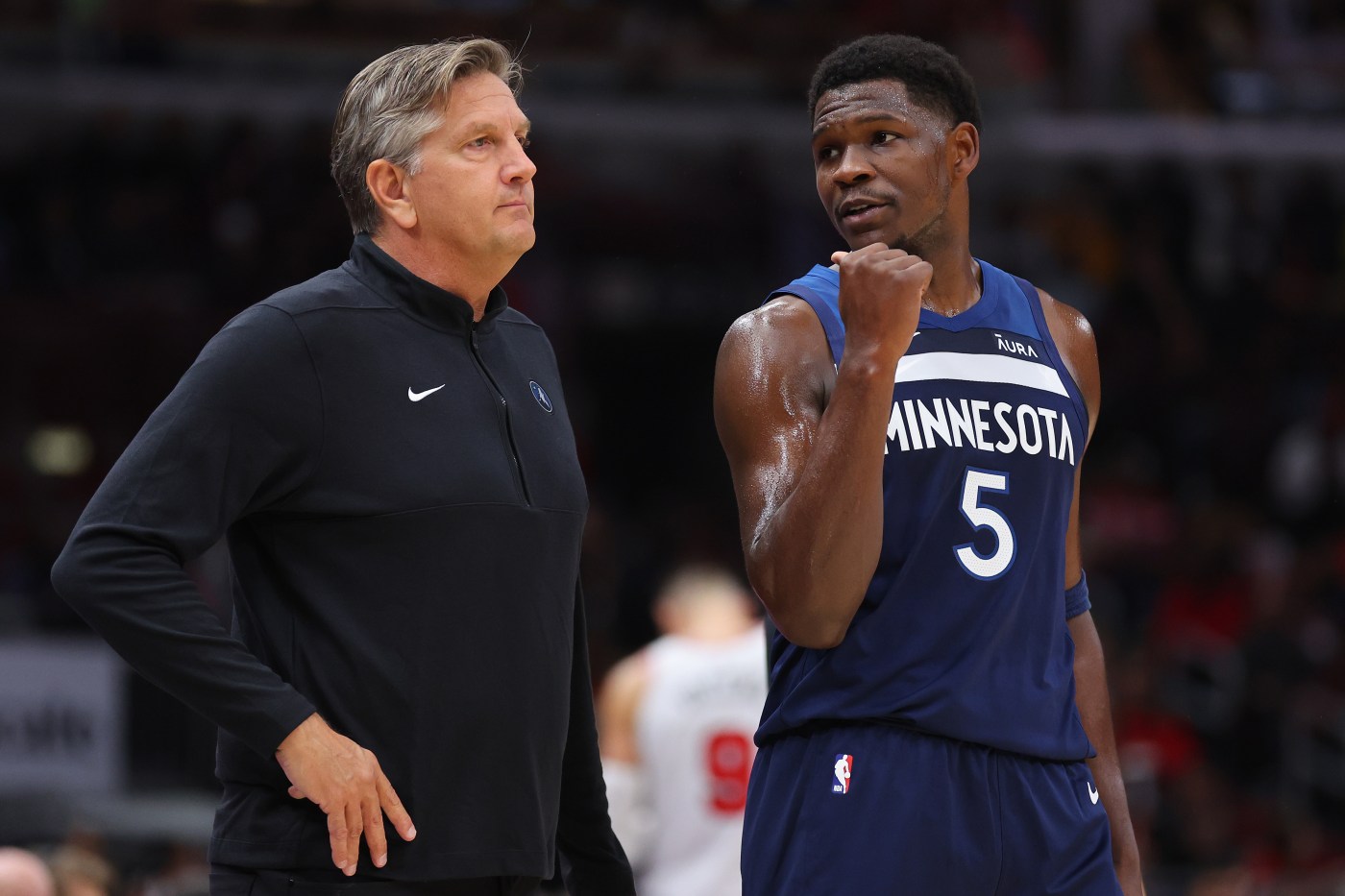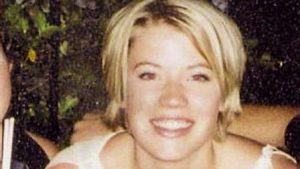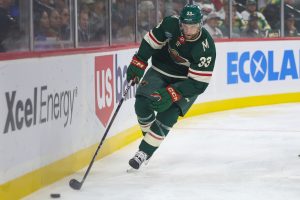
Jace Frederick: Credit to the Timberwolves for playing their players
Joel Embiid missed Wednesday’s highly-anticipated 76ers-Timberwolves bout Wednesday at Target Center.
It was another bummer, of which there are many throughout the NBA season. You circle games when the schedule comes out in August, and Philadelphia making its lone trip to Minneapolis on Thanksgiving eve was a big one. Pair that with the hot starts of both teams, and it was a must-see contest.
But the lack of Embiid’s availability took a little shine off the showdown. Part of the fun of Philadelphia and Minnesota squaring off is watching Embiid duel with Minnesota’s twin towers of Rudy Gobert and Karl-Anthony Towns.
Such is life in the NBA. Wednesday actually marked the fifth game out of Minnesota’s first 14 contests in which the opponent was playing on the second half of a back to back.
The same setup caused Jimmy Butler to sit out the Timberwolves’ home opener. It also caused Zion Williamson to not play against the Wolves on Saturday in New Orleans. The absence of opposing stars certainly helps Minnesota’s record.
But it also continues to shine a lot on the league’s availability issue. Fans want to watch the best players on teams play. They want to know when they purchase tickets that all of the names at the top of the billing will be in action, so long as they’re physically able.
The NBA put different “rest” protocols in place prior to this season to combat the epidemic of stars sitting games, but much of those were aimed at protecting nationally-televised contests.
A Wednesday night game in Minnesota? Don’t sweat sitting that one out.
In fairness to Embiid, Wednesday marked the first game he missed all season. And the 76ers did go to overtime Tuesday against Cleveland, with the reigning MVP playing 41 minutes in defeat. If there were a time to miss a game, it would be Wednesday. Plus, it should be noted that Embiid missed the game Wednesday with “knee soreness” and not for “rest,” though that does certainly feel like semantics.
And again, the nonchalance of absences speaks to the standard of availability in the NBA. If someone plays 70 games of an 82-game slate, they’re lauded for their participation.
This is where the Timberwolves buck the general trend. Minnesota plays its players. It helps that the Wolves have only had one back to back thus far this season, but the second half of that set — a road game in Phoenix, a different time zone, the night after a road game in Golden State in which the starters played heavy minutes was a prime spot for the Timberwolves to punt on a contest.
Instead, Minnesota trotted out its full complement of players against Phoenix, and was wiped off the floor in defeat. It was, in nearly every sense, a schedule loss. And yet after the game, Timberwolves coach Chris Finch provided no excuses related to fatigue. But they are professionals, and competing is what they are paid to do.
The players deserve credit for their availability. But the philosophy starts with Finch. He’s big into playing the games on the schedule and building up a certain level of professionalism and a competitive nature. The Wolves are exuding both thus far this season amid their successful start.
It has become a standard within the organization — if you can play, you will play. And if you do play, you better play hard. That’s a mindset that pays dividends during the regular season, as Minnesota gives itself the best chance to claim victory on a nightly basis.
It also aides the process of developing chemistry and a winning mindset that can carry over into the postseason when the time comes.
And, for the fans, they know when they show up at Target Center on any given night that regardless of who is available for the opponent, Anthony Edwards, Karl-Anthony Towns, Rudy Gobert and company, if healthy, will indeed be in action.
That’s something for which all basketball fans can be thankful.


